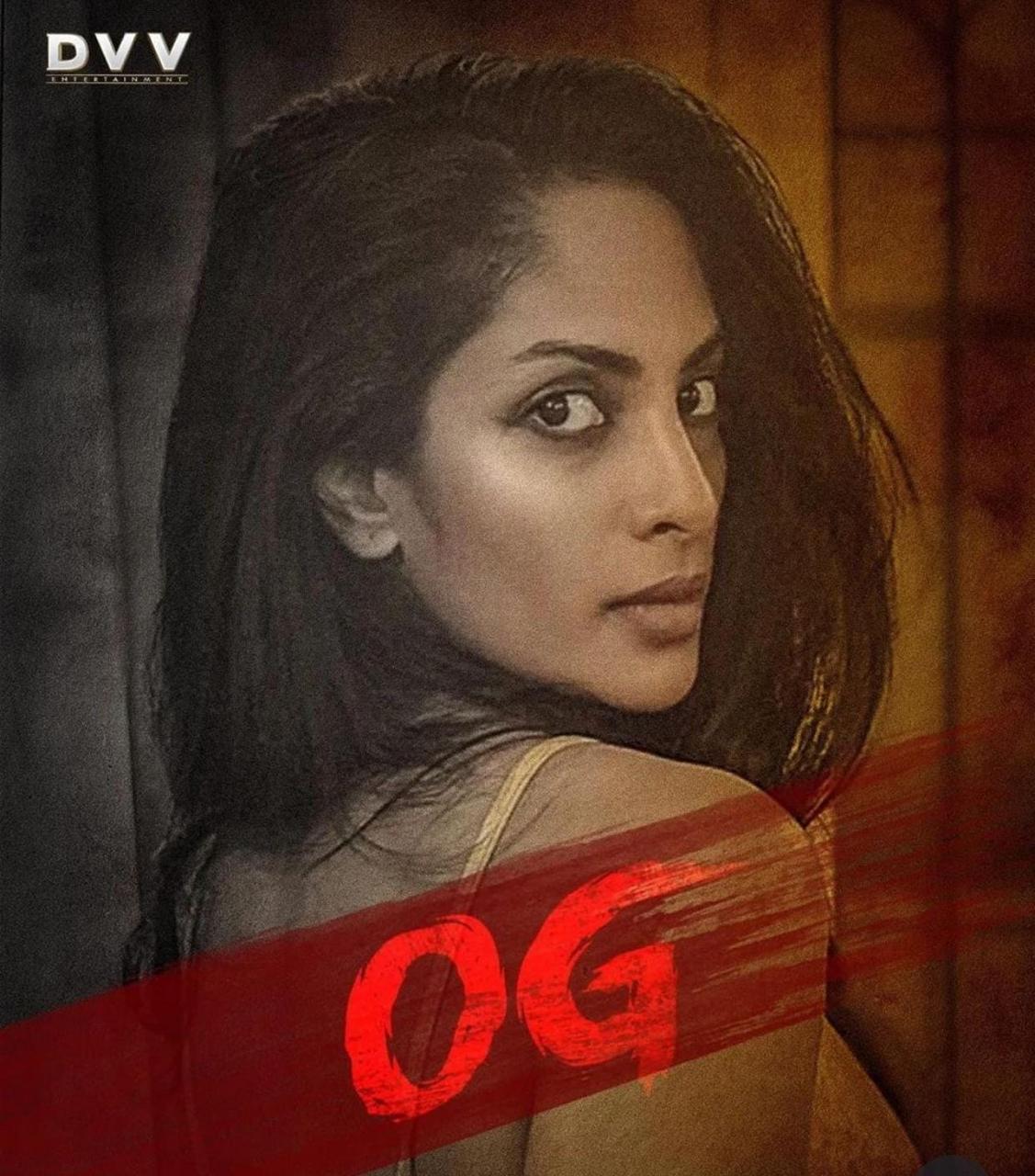
Mumbai, June 13 (IANS)
‘Chori Chori Chupke Chupke’ had a stellar cast (Salman Khan, Rani Mukherjee and Preity Zinta), a story centred around surrogacy (a childless couple use the services of a prostitute to become the surrogate mother of their child), and the hit-maker director duo of Abbas-Mustan, and it was a commercial success too, yet it made headlines for the wrong reasons.
The Mumbai Police nabbed the film’s producer, Nazim Rizvi, days before its December 22, 2000, release date and charged him under various sections of the IPC and the Maharashtra Control of Organised Crime Act (MCOCA). The principal charge against the producer, who had made two C-grade films before he landed ‘Chori Chori…’, was that he was being funded by the feared D-Company operative, Chhota Shakeel, and that they pressured Salman Khan to sign up for the film.
A month after Rizvi’s arrest, on January 8, 2001, the film’s financier, the respected diamond merchant Bharat Shah, too, was arrested. The Mumbai Police had hours of tape-recorded conversations between Rizvi and Shah, and between the producer and Chhota Shakeel, to support their charges against the two. The CBI also got into the act — it seized the film’s prints and handed them over to the court’s receiver.
The respect with which Shah was held in his community became apparent when diamond merchants went on a strike on January 10 to protest against the arrest. Ironically, Shah had been provided police protection in 1997 after he’d made a complaint about receiving extortion calls.
The case became famous because of the number of film personalities, including Shah Rukh Khan, Salman Khan and Sanjay Dutt, and even Rakesh Roshan, a mafia hit job survivor, who had turned hostile and went back on the depositions they had made to the cops. The sole exception was Preity Zinta.
In an in-camera deposition made in the court of the then Sessions Judge, A.P. Bhangale, Preity admitted having received an extortion threat from a Chhota Shakeel gang member, but she had dismissed it as a crank call.
The actress also said Sanjay Dutt and she shared a common secretary, Pankaj Kharbanda, to whom she had disclosed the threat received by her. He may have told Dutt about it. In any case, she said, the entire Bollywood came to know about it.
Talking about it years later, Preity said at the India Today Conclave East 2018: “For the record, if I knew everyone was going to back out, I also would have. It was a scary time in my life. I should have been protected. Whatever I said in court was on TV 10 minutes later.”
Recalling the all-pervasive fear in the industry, Preity said: “There was definitely fear going around. Because Rakesh ji (Roshan) had been shot. Everyone was paranoid. People would keep their phones switched off, worried that they would get a call.”
Preity remembered how everyone was upset with her. “They all said ‘why did you have to be the one to do all this?’ But my way of thinking was different. I didn’t have a family, I didn’t have children.”
Bharat Shah applied for bail seven times in the lower courts, and then in the Bombay High Court, but it was rejected on each occasion. Finally, he approached the Supreme Court, which granted him bail.
His defence lawyers argued that there was no conclusive evidence to prove that the voice in the conversations tape recorded by the police was that of Shah. The transcripts of the conversations, they said, were not admissible as evidence because the interception procedure was legally not correct.
Judge Bhangale, however, found Shah guilty of concealing information from the police, chargeable under Section 118 of the IPC, and not under any provision of the more stringent MCOCA.
Shah was given a one-year jail term, which he did not have to serve because he had already spent 14 months in prison.Both Rizvi and his assistant, Abdul Rahim Allahbaksh Khan, were sentenced to six years’ rigorous imprisonment (by then, they’d already spent 32 months in jail). The judge also imposed a fine of Rs 5,00,000 each on Rizvi and Khan.
The two had been found guilty under MCOCA of forging links with Chhota Shakeel in order to target film personalities for personal gains.
The arrest and conviction of Bharat Shah proved how close and complicated Bollywood’s relationship with the underworld was, and it sounded a warning bell to those in the movie business to clean up their act. The Bharat Shah conviction came at the same time as the arrest of gangster Abu Salem in Lisbon (2004) and his subsequent extradition (2004). It was curtains for Bollywood’s cosy connections with ganglords and their henchmen.








